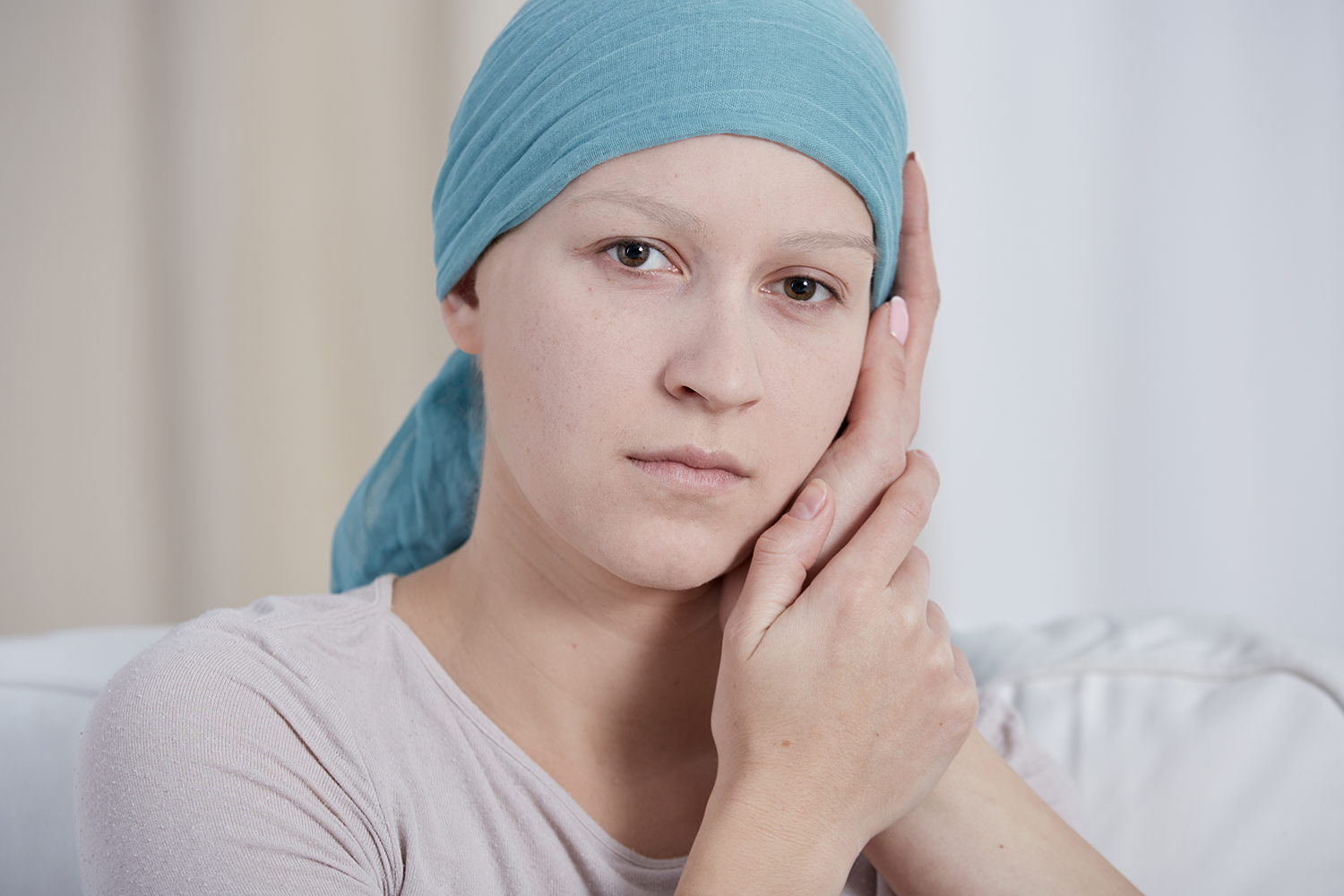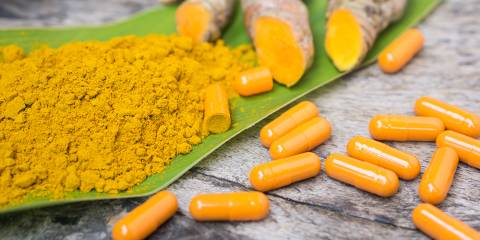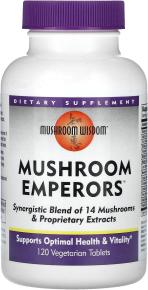In addition to all of the other problems they face, the majority of people receiving chemotherapy or radiation therapy for their cancer suffer from severe fatigue. This fatigue is most often ignored.
But it is not enough simply to prolong life. It is important that life also be enjoyable. The good news? You don’t have to choose. Those things that improve quality of life may also improve survival.
If you have cancer fatigue, here are four steps to optimize energy that I recommend to the people I treat.
1. Optimized nutritional support.
Choose a multivitamin/mineral supplement that supplies the vitamins, minerals, and energy cofactors that the diet should be supplying (except the calories) at optimal levels, with the exception of iron and essential oils.
Some doctors advise people with cancer not to take nutritional supplements. The rationalization? That antioxidants might decrease the effectiveness of chemotherapy and radiation (which are oxidative). Although this concern is not unreasonable, research suggests that nutritional support improves outcomes while decreasing chemotherapy toxicity. In addition, nausea caused by chemo and increased metabolic needs from the cancer can leave people dramatically malnourished.
To be on the safe side, do not consume multivitamin supplements for two days before and three to seven days after radiation or chemotherapy.
If using chemotherapy that can cause nerve damage, I recommend 1,000 milligrams (mg) of acetyl l-carnitine twice a day until three months after the chemo is done to help protect the nerves, except for people taking the chemo drug vinorelbine.
Other nutrients can support the health of people being treated for certain types of cancer. Glutathione has been shown to decrease the toxicity of the chemo drug cisplatin, and coenzyme Q10 helps keep the heart healthy while taking doxorubicin.
Meanwhile, don’t forget to go for walks in the sunshine. Walking has been shown to help cancer-related fatigue. Sun-shine—and its ability to produce vitamin D in our bodies—strengthens the immune system.
2. Get pain relief.
Chronic pain drains energy, and virtually all pain can be effectively treated. The problem is that most physicians are not trained in pain management. Ask your oncologist to refer you to a physician who specializes in pain management (a physiatrist). Herbals can also help support health. Highly absorbable curcumin such as BCM-95 is being tested in numerous cancer studies, and is showing dramatic benefits in protecting health. Meanwhile, it can augment the effectiveness of pain medications.
A technique called Frequency-Specific Microcurrent can also be helpful for pain, with no side effects.
3. Sleep.
I can’t overemphasize the importance of getting eight to nine hours of sleep a night. Sleep is critical not only for energy but also for decreasing pain and optimizing immune function. Look for products containing valerian, passionflower, L-theanine, hops, and lemon balm.
4. Hope.
Feelings of hopelessness and powerlessness are draining. But I routinely find studies showing that low-cost natural therapies can be effective for specific cancers. It is unlikely that the cancer specialist will hear about this research, however. Your holistic health practitioner can look into these and guide you. By combining the best of natural and standard medical care, the “average” statistics become meaningless, with your odds for improvement and recovery being much higher.





